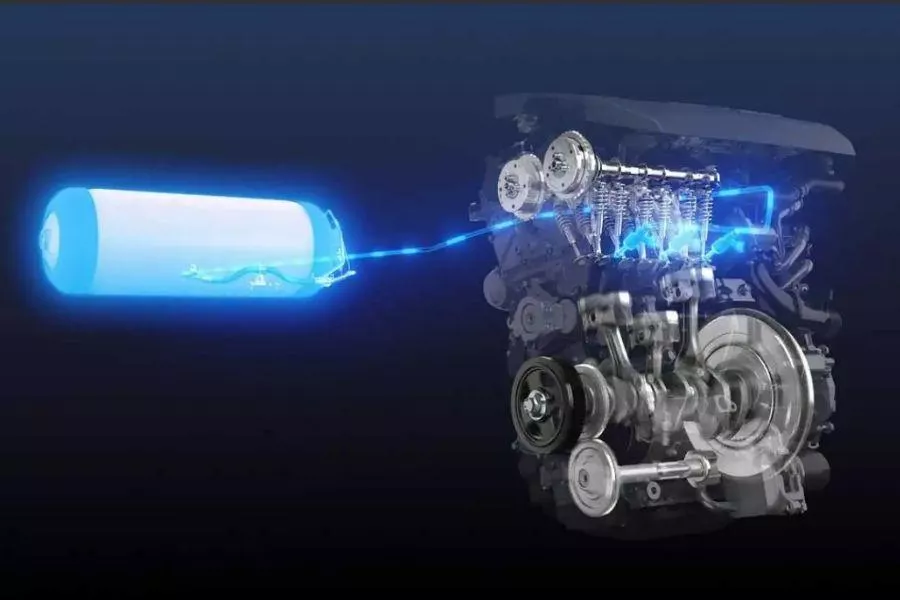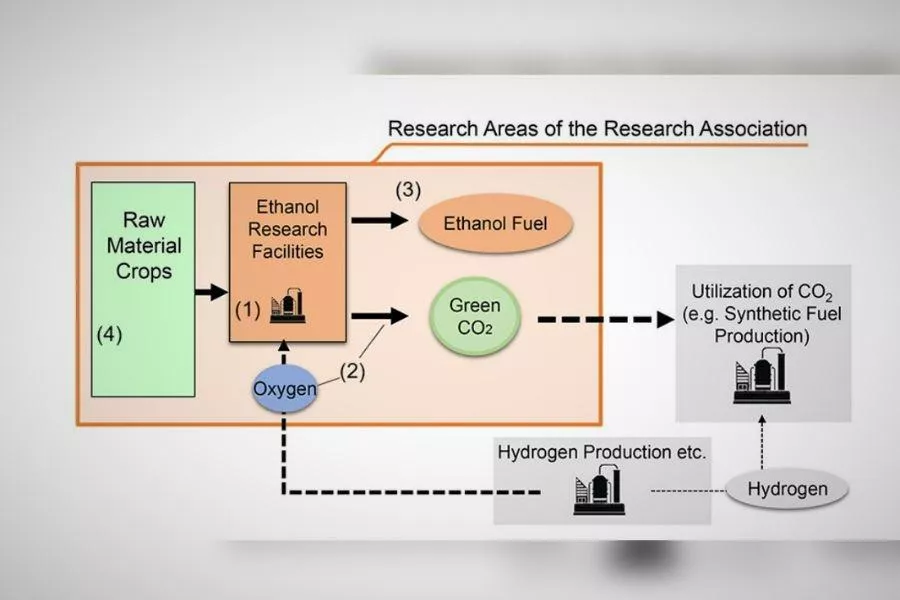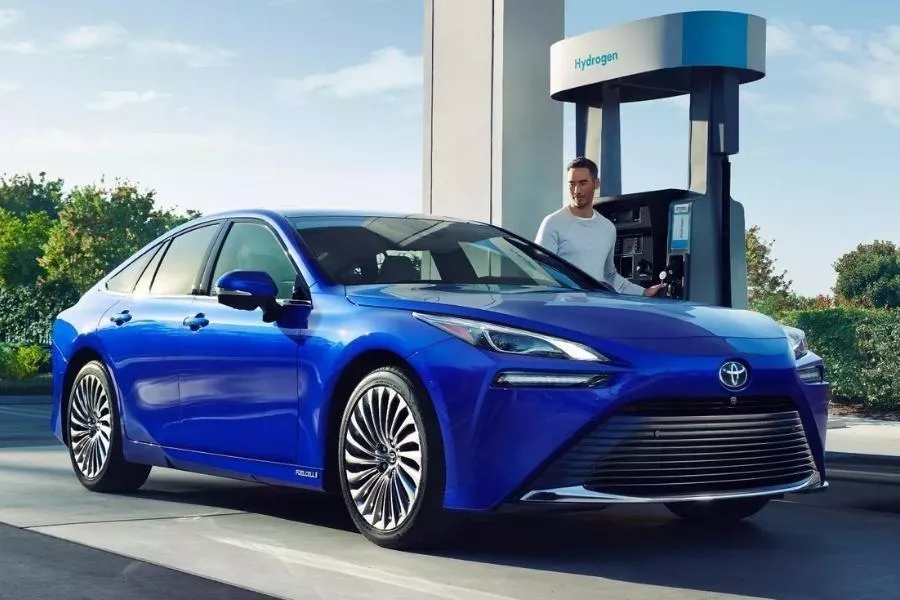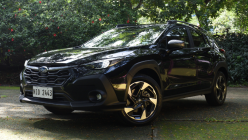The quest for carbon neutrality continues, as six companies led by Toyota Motor Corporation and Subaru Corporation join forces to develop alternative fuels that current combustion engines can use.

Toyota believes there's more than one road towards sustainability
Both automakers are joined by Suzuki Motor Corporation, Toyota subsidiary Daihatsu Motor Co., Ltd., Japanese petroleum company ENEOS Corporation, and trading firm Toyota Tsusho Corporation. Together, they have established the Research Association of Biomass Innovation for Next Generation Automotive Fuels.
According to a statement issued by the consortium, the objective is to undertake technological research on the use of biomass. The efficient production of bioethanol fuel for vehicles by optimizing the circulation of hydrogen, oxygen, and carbon dioxide as a result of the production process will also be studied.

The partnership wants to maximize the yield from biomass production without compromising food security
A system for optimal cultivation will also be developed, to maximize yield and maximize the needed crops that serve as raw materials for bioethanol fuels. The association wants to improve production technology for second-generation bioethanol fuels in a way that will not compete with food supplies.
Koichi Nakata, head of Toyota’s Carbon Neutral Development Division, serves as the consortium’s Chairman of the Board. It will have its headquarters at the Fukushima Okuma Incubation Center in Fukushima Prefecture, Japan.
Toyota has been very vocal about securing the internal combustion engine’s future despite the ongoing trend of electrification across the entire automotive industry.

Toyota is still very much on board with its hydrogen fuel cell program
The automaker did not sign a pledge at the 2021 United Nations Climate Change Conference to phase out fossil fuel cars by 2040, arguing that the global market may not be ready for battery electric vehicles (BEVs) yet. It continues to pursue its hydrogen fuel cell program, even as it previewed 15 new BEVs in December 2021 spanning the mainline Toyota and luxury Lexus brands.
Toyota earlier entered into a partnership with Subaru, Mazda, Kawasaki, and Yamaha to develop carbon-neutral fuel options, beginning with applications in motorsport.
We fuel your knowledge in mobility with updates at Philkotse.com.
Know more about Toyota

For the local market, Toyota Philippines offers 22 car models. The most affordable of these is the Toyota Wigo hatchback. Toyota also has three sedan models namely the Vios, the Corolla Altis, and the Camry. It then has one entry to the pickup truck segment, the Hilux. For coupes, Toyota Philippines offers two models: the GT 86 and the Supra. The Toyota local SUV segment has four models. These include the Fortuner, Land Cruiser, and Land Cruiser Prado. The Toyota MPV segment for the Philippines has three models: the Avanza, Rush, and the Innova. Then there are two Toyota vans in the Philippine market: the Hiace and the Hiace Super Grandia. For hatchbacks, there's the Wigo, the GR Yaris, Prius, and the Yaris, while the minivan segment then has the Alphard. And lastly, the crossovers sold by Toyota include the Corolla Cross, and the RAV4.
Here at Philkotse.com, we provide the complete Toyota Philippines Price list for 2023, which we update on a monthly basis. Besides that, we also list the latest and hottest car promos ranging from low monthly amortizations, cash discounts, and low downpayments.
For more information about the Toyota Philippines price list for 2023, as well other details regarding the brand, continue below.
Recent posts
- honda hydrogen fuel not feasible Jan 26, 2022
- toyota unveils 15 upcoming evs Dec 15, 2021
- toyota global market not ready evs Nov 19, 2021
- toyota mazda subaru hydrogen fuel Nov 17, 2021
- toyota did not sign COP26 agreement Nov 11, 2021
















